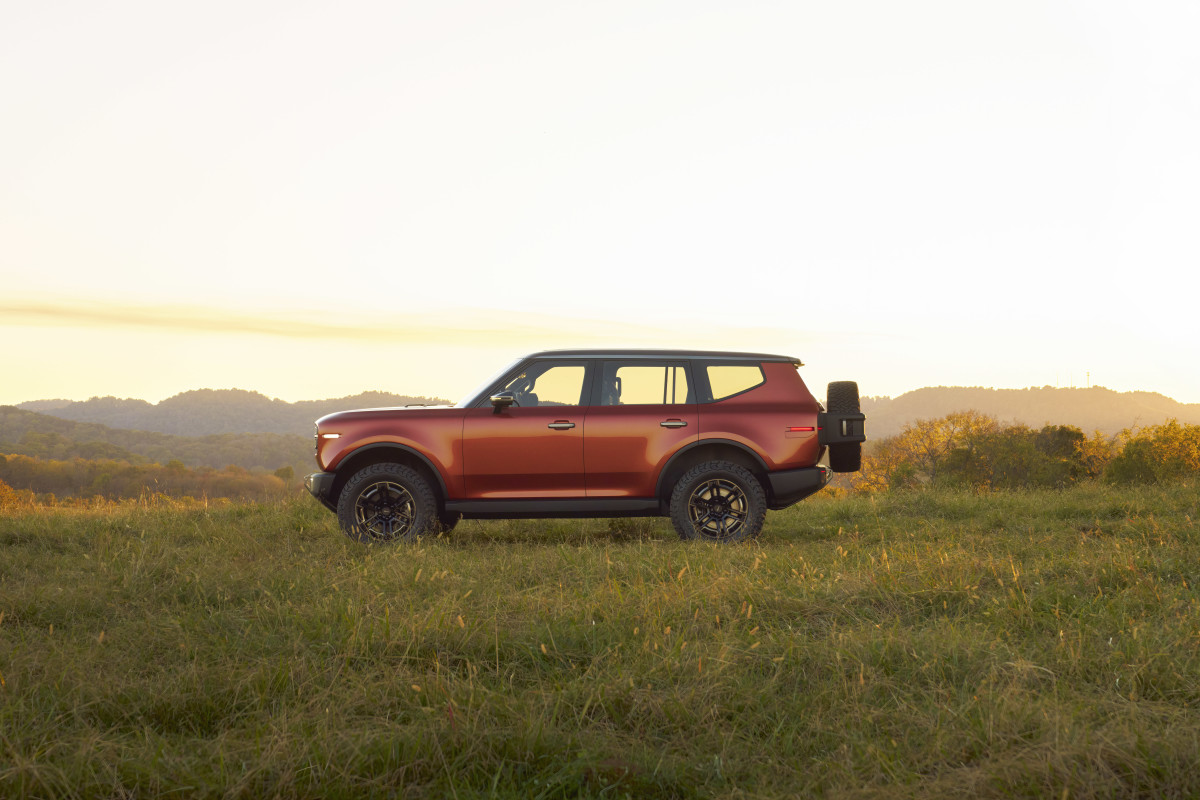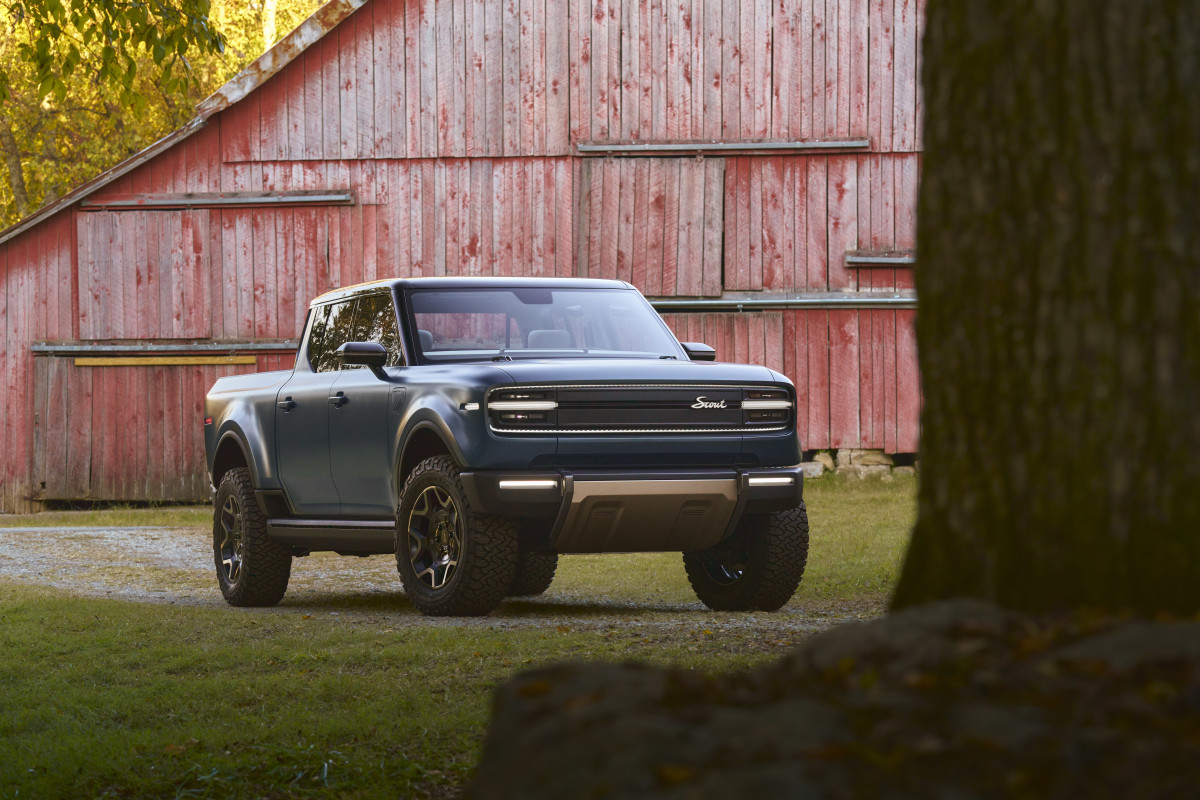VW Group Brand Hopes Feds Will Eliminate State Franchise Laws
The Republican Party may be the party of “states’ rights,” but Scout Motors hopes the current Republican presidential administration will eliminate the state franchise laws that impede its direct-sales strategy, according to an Automotive News report.
Scout called on the federal government to do this in an 11-page letter submitted to the Justice Department’s Anticompetitive Regulations Task Force by Blair Anderson, the automaker’s vice president of government and regulatory affairs.
The task force was created in March after president Donald Trump signed executive orders in January and February calling for removing “regulatory burdens placed on the American people.” The letter used similar language, calling franchise laws “burdensome restrictions on competition.”
Franchise War Continues
Scout Motors
Car sales in the United States are currently regulated by a patchwork of state laws, some of which allow automakers to sell cars directly to customers. But many states still require franchised dealerships. There’s been friction between those dealerships and automakers since Tesla unveiled its direct-sales model over a decade ago.
Tesla fought a series of legal battles with franchised dealerships in individual states. Now Scout, which plans to build its Traveler SUV and Terra pickup truck in a new South Carolina factory starting in 2027, is facing similar struggles.
A group of Volkswagen and Audi dealerships in Florida filed a lawsuit in February to block Scout’s direct-sales plans, and the California New Car Dealers Association (CNCDA) filed a similar lawsuit in April, Automotive News noted. In March, the National Automobile Dealers Association (NADA) also sent a letter to Volkswagen Group CEO Oliver Blume and other executives urging the company to let its members sell Scout vehicles.
Dealerships Want In On Icon’s Revival
Scout Motors
Scout revives the International Harvester Scout, one of the original SUVs, which the VW Group gained the rights to after its purchase of International’s successor Navistar. The new Scout vehicles are rugged off-roaders, with body-on-frame construction, with all-electric or extended-range powertrains.
They’re also unlike anything in the current VW Group portfolio, and exactly the kinds of vehicles dealerships in truck-loving America are eager to sell. That’s likely adding fuel to the fire over the VW Group’s attempt to set up a new brand with direct sales, while keeping franchised dealerships for its other brands.
In the letter, Anderson said that, as a new manufacturer, Scout shouldn’t be forced to adopt the franchised dealership model “especially when the new manufacturer has not asked any dealerships to place any investment in distributing its vehicles, developed a more efficient alternative, and will not sell any vehicles also offered for sale by a franchised dealer.”
Dealerships don’t seem to buy the logic that Scout’s clean slate entitles it to a different sales model than its fellow VW Group brands. The question is whether the federal government will and whether, if it does, it actually has the authority to strike down state franchise laws.